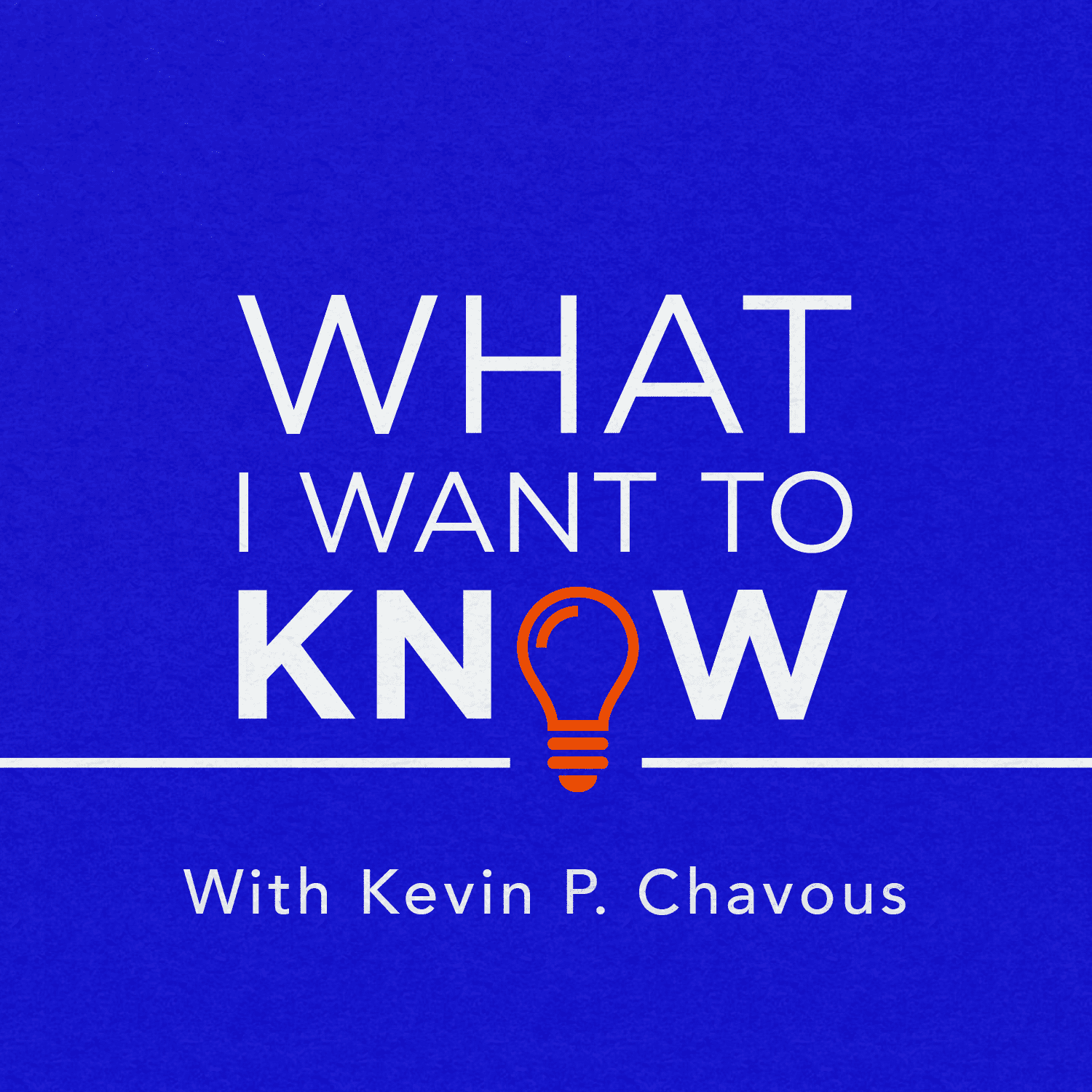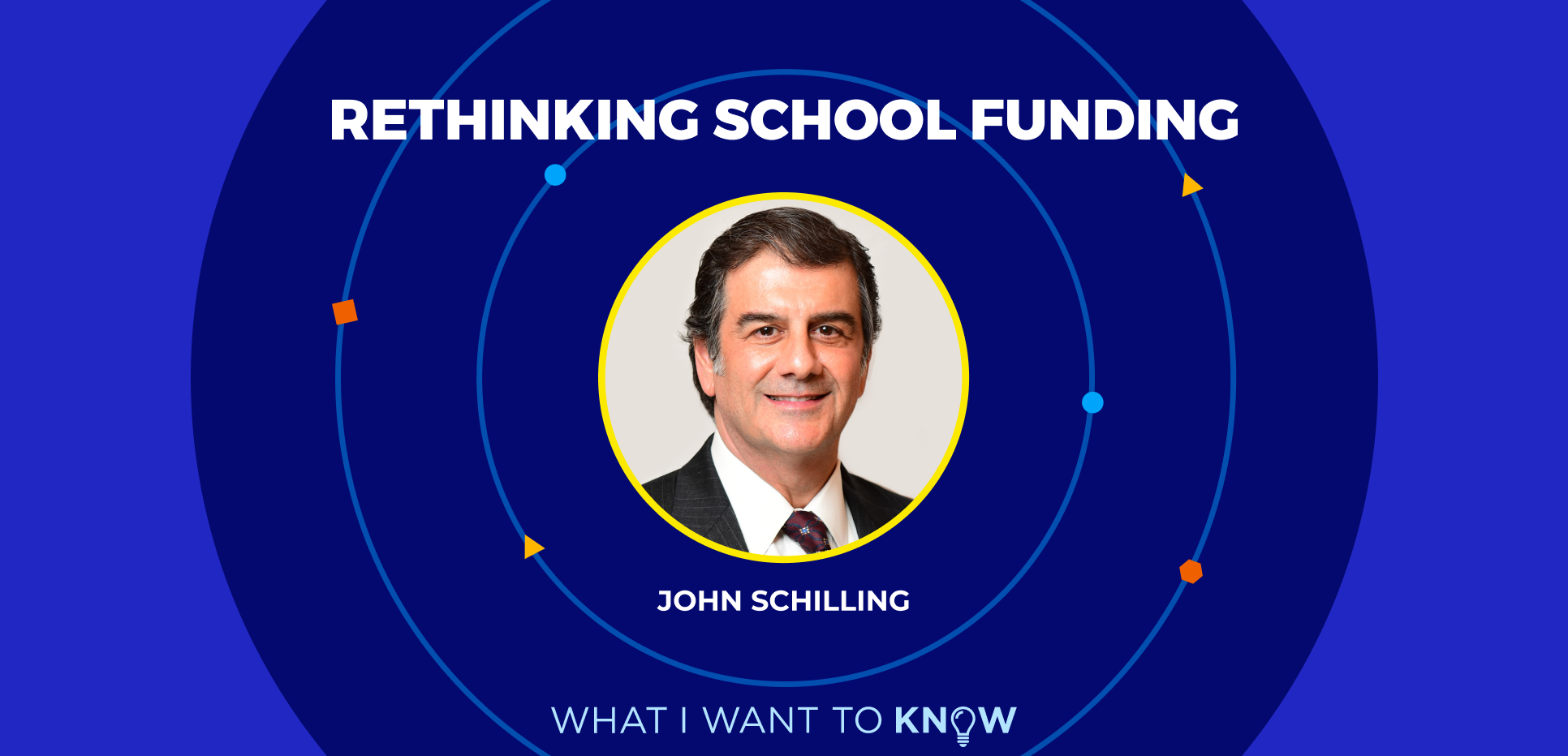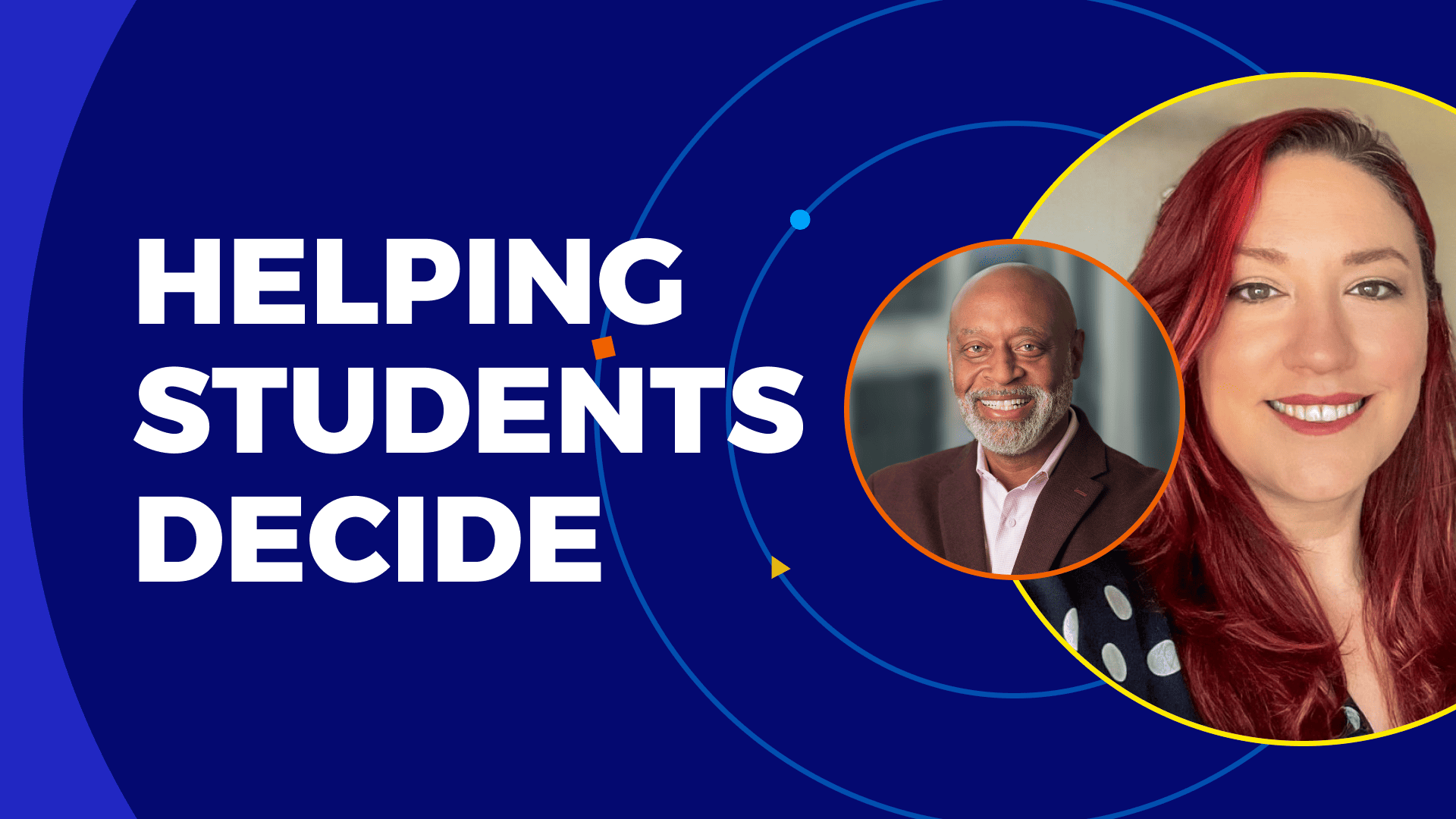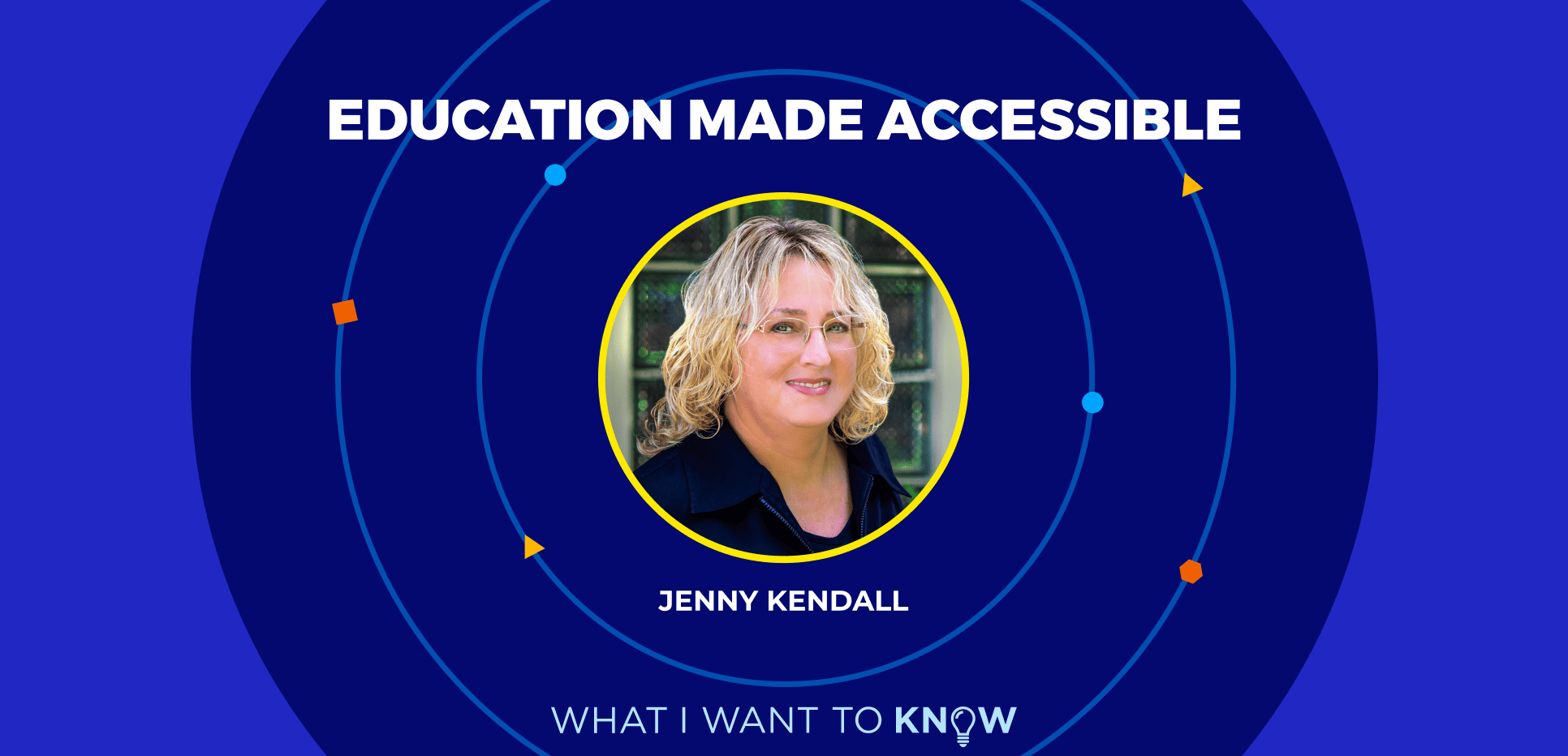Parents across the country are taking a more active role in education policy than ever before. But are their voices actually being heard? What impact is parent activism having on hot-button issues like masking, vaccinations, and CRT? Are political issues stealing oxygen from more traditional conversations around curricula, testing, and student support? And how should teachers, administrators, and policymakers respond?
Wall Street Journal columnist Jason Riley joins Kevin in this episode to discuss the issues that matter to moms and dads here in 2022—and what schools and school leaders should be doing to best navigate a new age of parent empowerment.
Listen to the Full Audio
Listen on: Apple Podcast, Spotify
Transcript
Kevin: Parents across the country are taking a more active role in education policy than ever before, but are their voices actually being heard? What impact is parent activism having on hot-button issues like masking, vaccinations, and CRT? Are political issues stealing oxygen for more traditional conversations around curricula, testing, and student support, and how should teachers, administrators, and policymakers respond? This is, “What I Want to Know.”
Kevin: And today, I’m joined by Wall Street Journal columnist, Jason Riley, to find out. Jason Riley is an opinion columnist and member of the editorial board at “The Wall Street Journal.” He is also the author of four books that examine race in America through a conservative lens. And he has long been an advocate of policies that provide parents with more control over their kids’ education.
Jason is with us today to discuss the issues that matter to moms and dads here in 2022, and what schools and school leaders should be doing to best navigate a new age of parent empowerment. Jason, welcome to the show.
Jason: Well, thank you for having me. It’s a subject I enjoy writing about and I’m very excited to be here. So thank you.
Kevin: I do wanna go back to your experience growing up. As I was…I mean, I’ve known you, but then getting ready for this, I felt like I came to know you more reading about your background and rereading a couple of your books. But I didn’t know that your mother was a teacher’s assistant when in school.
Jason: In the home growing up, education was stressed, it was something she required. She considered it very, very important for me and my two sisters. So, you know, we learned to read before we went to school and we were expected to take our studies very seriously. And that’s certainly rubbed off on me and it’s something I’ve tried to bestow to my own children now. So that’s I think how she had the biggest impact on me educationally.
Kevin: Yeah. I mean, that’s terrific. But let’s talk about education because you and I met years ago, I always read your writing. You have pretty strong views about the shape and the nature of our educational system. And I share many of those views. We agree on some, we disagree on others. But if we’re looking at, from, you know, 30,000-foot level, assessing the state of American public education today, what would that assessment be from your point of view?
Jason: Well, you know, it depends on which groups you’re talking about. You know, the status quo is working for millions and millions of Americans out there, working quite well. A lot of people are attending schools, they’re happy with the teachers, they’re happy with the safety of their children at school, and so forth. That is the majority of people in this country.
But it is not the majority of low-income minority parents in this country who are not satisfied with their schools and are sort of stuck in a system that I think has served them quite poorly for a long, long time. And when you say I have strong views about this, you are absolutely right because there seems to be this sentiment out there that low-income blacks and Hispanics and so forth should just be patient while we fix the system.
Meanwhile, you know, I’m gonna send my kids to private schools or do what I need to do or move to a nice neighborhood or great schools, but you people who can’t afford to do that, just be patient, we’re getting there. We’re getting there. And they’ve been saying that for generations, Kevin, and it really makes me upset, this urging of those vulnerable groups in society just to be patient until we fix these schools.
And I don’t see them getting better. I see more resources thrown at them, I see money being thrown at them, but I don’t see material improvements and outcomes. And I do see improvements when people have choices to attend different schools that they’d rather attend instead of the one they’ve been assigned to by the government based on their zip code. So again, I mean, it’s a long way of answering your question, but the system is working for some, it’s not working for others. I want it to work for everyone. And I think school choice is a way to get us there.
Kevin: Yeah. And, you know, I agree with that sentiment. What’s interesting though, Jason, when you think about it is because of the growing nature of the minority population among school-aged children, we’re now at a place where the majority of children attending America’s public schools are minority children because of that growing number.
Then what you said earlier will not be the case, where for a majority of the kids, schools are okay for the status quo approach to education. But if we don’t dramatically change our approach to educating kids from low-income minority communities, then the status quo will, unfortunately, be those that are suffering.
Jason: You’re right about that. And, you know, I should be careful when I say that the system is serving some groups adequately because it does depend on what you mean by adequately. It’s funny, you know, in a lot of our large cities, your New Yorks, your Houstons, your Chicagos, a majority of the grade school kids are not reading and doing math at grade level, they’re not proficient. I mean, and I always come back to that point because everyone’s now talking about the critical race theory stuff and this and that, I go, “Wait a minute, guys, do you realize our kids aren’t reading and doing math at grade level? Can we focus on that first?”
Kevin: You’ve also written a lot about the politics of education. As you know, we met because of the politics associated with the Washington, D.C. scholarship program. And I’ve always been amazed at how many elected officials, Republican and Democrat, who have not been supportive of school choice publicly, privately have pulled me aside and said, “You know, I think school choice works. I support what you’re doing. But I can’t do it because, you know, I’ll lose my seat if I jump out there, you know, too strikingly on it.” And I think this sort of overlay of politics impacting on doing what’s right for kids is still a problem.
Jason: Absolutely. And those politicians don’t just say it privately, in their own personal lives, they exercise school choice. I mean, how many examples do we know of, of politicians that oppose school choice policies that we support yet exercise it for their own kids? You know, we have a governor in New Jersey right now. Phil Murphy’s very wealthy man, will not lift a cap on a charter school network that is performing off the chart, that is hugely popular, that has a long waitlist of kids. He won’t lift the cap on them, but he sends all his kids to private schools.
You know, Ted Kennedy, champion, liberal champion of public schools never found a public school good enough for his own children. Neither, by the way, did Barack Obama, you know? So, yes, and that is because the short answer there is because elected officials have a different agenda. They have special interests that they need to keep happy in order to get re-elected.
Kevin: One friend of mine who has had his children in private schools, great schools, in the DC area, said something very interesting to me when we were talking about this not long ago. He said, “I don’t know of any parent, no matter how much or many resources they have, I don’t know if any parent who hasn’t had to be aggressive in ensuring that their child doesn’t get overlooked by their school.”
You know, they need to go to the parent-teacher conferences. They need to pay attention to the homework. They need to pay attention to the grades. They need to, you know, pick up on any signs of any challenges if their child is being marginalized or, you know, if there’s some other concerns there, the social interactions. It’s a lot of work to navigate through the educational system for one child. And this idea that parents should trust the system implicitly, I think is a misnomer.
Jason: Our fourth graders, our eighth graders can’t read and write at grade level. We know this. A majority of them can’t do it. And when it comes to these minority kids, you’re talking in New York City where something like three-quarters of the school system is black and brown kids, two-thirds can’t read or write at grade level. Where should this trust come from that they’re asking for? I mean, why are we to assume that everything is going to be okay if parents just butt out?
I mean, I don’t know what they’re basing that on. I’m looking at outcomes, I’m looking at the data, I’m looking at this empirically. Maybe if our kids were hitting it off, you know, out of the park academically and teachers were saying butt out, they’d have something to point to, but what can they point to as a justification for telling parents to mind their own business?
Kevin: You’ve talked and you’ve written a lot about assessments. And, you know, during the pandemic, because of the challenges, frankly, Jason, school districts have gotten the pass, understandably. They didn’t test for a year, didn’t test for the next year. Now is iffy who will be tested. And when we do finally go back to assessments, this is the question I wanna ask you, is this an opportunity to re-examine our way of measuring what works and what doesn’t? Should we be changing the assessment? Some have argued that. And then how do we respond when we get all these kids tested to see where they are, when the data shows, which I believe it will show, that we’ve fallen even further behind? What is that response?
Jason: There’s already been some studies released to that effect. The McKenzie Consultant Group has released some studies on the learning gaps that have grown, particularly among minority kids. So we have some evidence of that already. My concern, Kevin, is this anti-assessment sentiment that we see out there. There are people, it’s almost as if they don’t want to know the results. And they think if we just don’t measure, we’ll get rid of these learning gaps, we’ll get rid of these achievement gaps.
And no, you won’t. Because that’s all the test is measuring is where a kid is. And wherever you want that kid to go, he’s got to get there from where he is, not where we hope he is, or want him to be, or wish he is. And so we need to know where that kid is. So we need these assessments. And this whole anti-testing movement, and it’s not just, as you know, at the K-12 level, you know, colleges are, you know, deciding on whether to drop the SAT requirement for admissions.
And this has almost everything to do with trying to achieve more racial balance on campus. We’re seeing it with these gifted and talented programs, we’re seeing it with these selective high schools all over the country where there’s this sentiment that racial balance is more important than academic achievement, than excellence. And I find that very dangerous. It’s sort of a war on meritocracy. And I find that…
And you know what’s really ironic about this, Kevin, is that if you are one of these progressives who talks constantly about systemic racism and the system being stacked against black and brown people and so forth, a standardized test is your best friend. You don’t want, you know, holistic assessments of your child. You don’t want subjective assessments of your child. You wanna be able to point something, “My kid passed that test. He deserves to be in their class. He deserves to be in this school. I don’t care what these other measurements you want to use. We have a hard evidence here that my kid can handle that work.”
Kevin: So one last question, Jason. This is what I really want to know. When it comes down to the parent voice, when it comes down to respecting the parent voice, what should schools be doing differently that’s welcoming and not pushing parents away?
Jason: Well, I think that what parents want from their school is some evidence that the schools are handling the basics. I think this is the case of parents just wanting the schools to stay in their lane, teach what we send our kids to school to learn, and focus on that first. And too many schools, I think, are stray from that, and that’s the problem.
Kevin: Focus is an appropriate word. Jason Riley, thank you so much for joining us on “What I Want to Know.”
Thanks for joining “What I Want to Know.” Be sure to follow and subscribe to the show on Apple Podcast, Spotify, or your favorite podcast app. And don’t forget to write a review too. Explore other episodes and dive into our discussions on the future of education. I also encourage you to join the conversation and let me know what you want to know using #wiwtk on social media. That’s #wiwtk on social media. For more information on Stride, visit stridelearning.com. I’m your host, Kevin P. Chavous. Thank you for joining “What I Want to Know.”
Meet Jason
Jason Riley is an opinion columnist and member of the Editorial Board at The Wall Street Journal. He is also the author of four books that examine race in America through a conservative lens—and he has long been an advocate of policies that provide parents with more control over their kids’ education.







